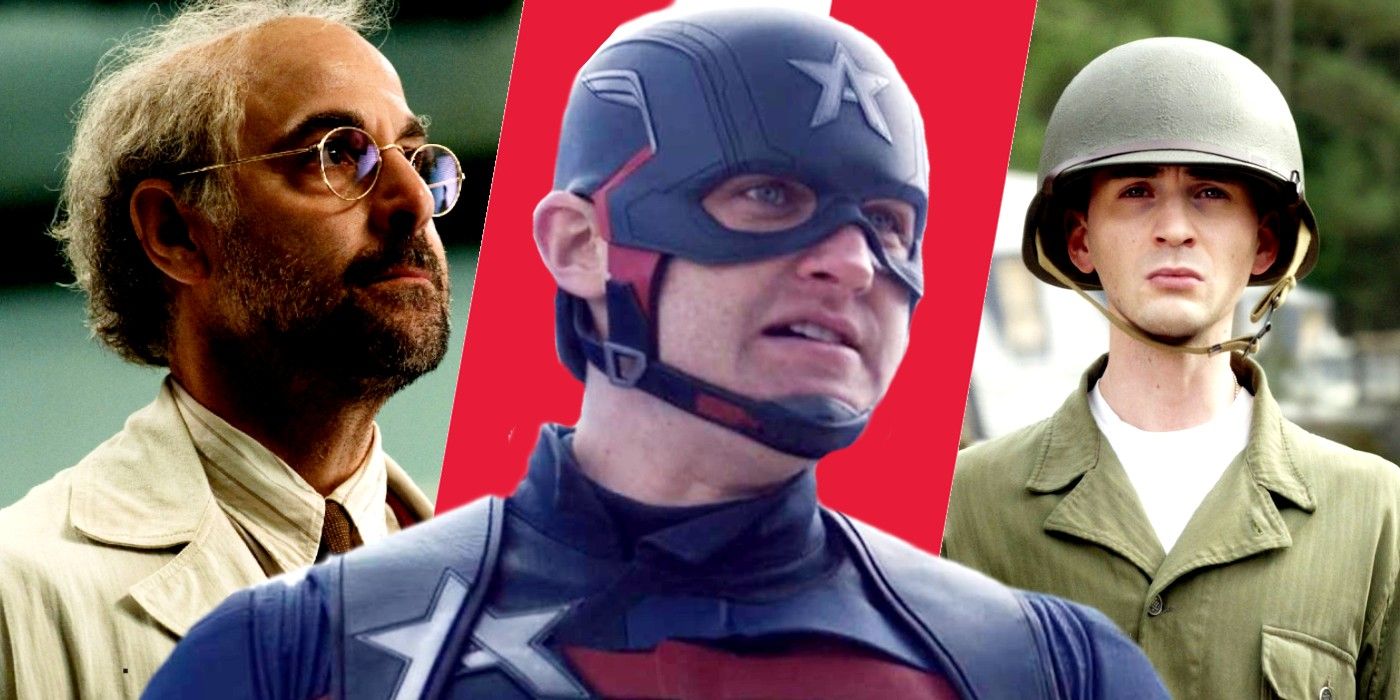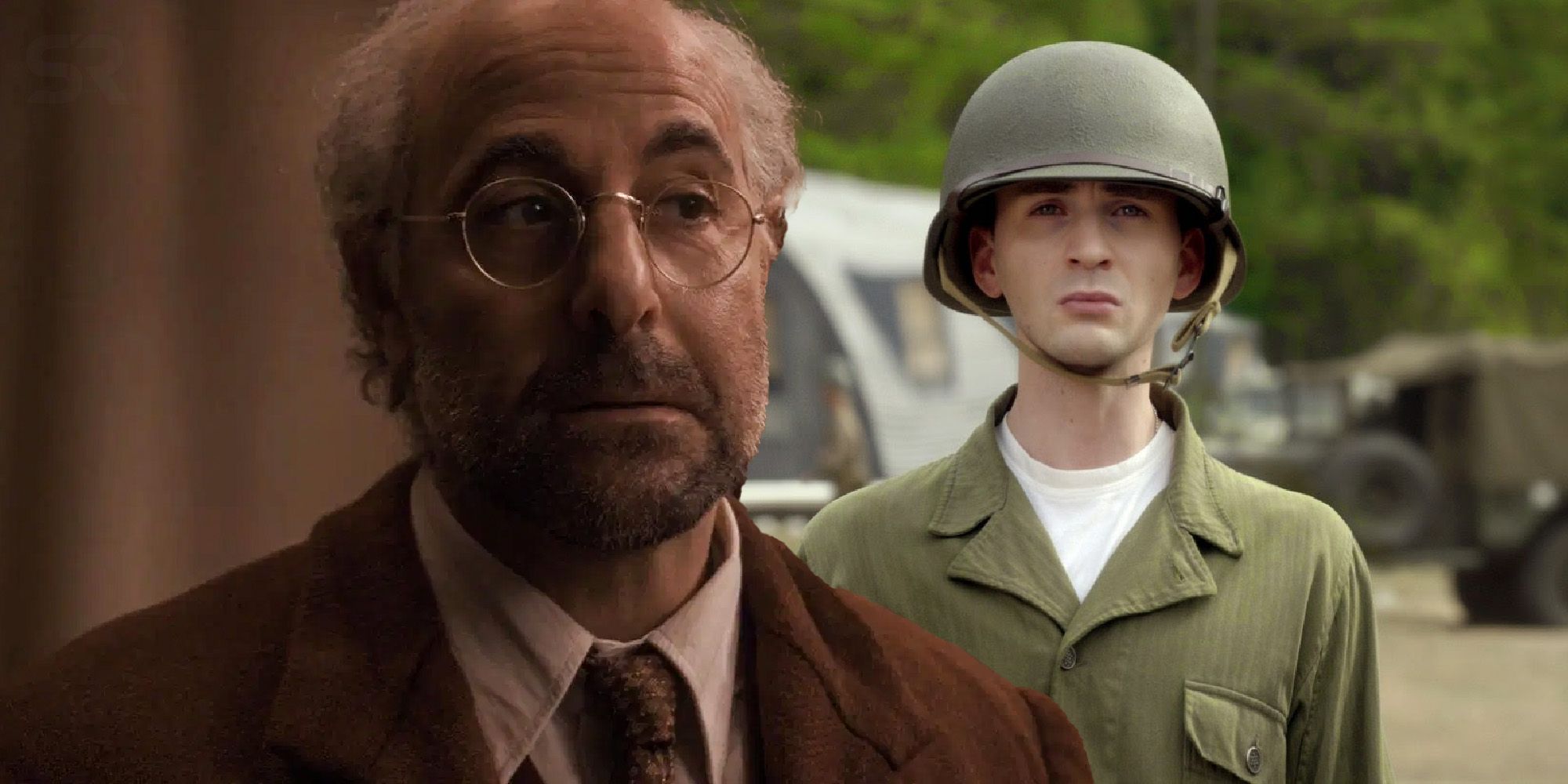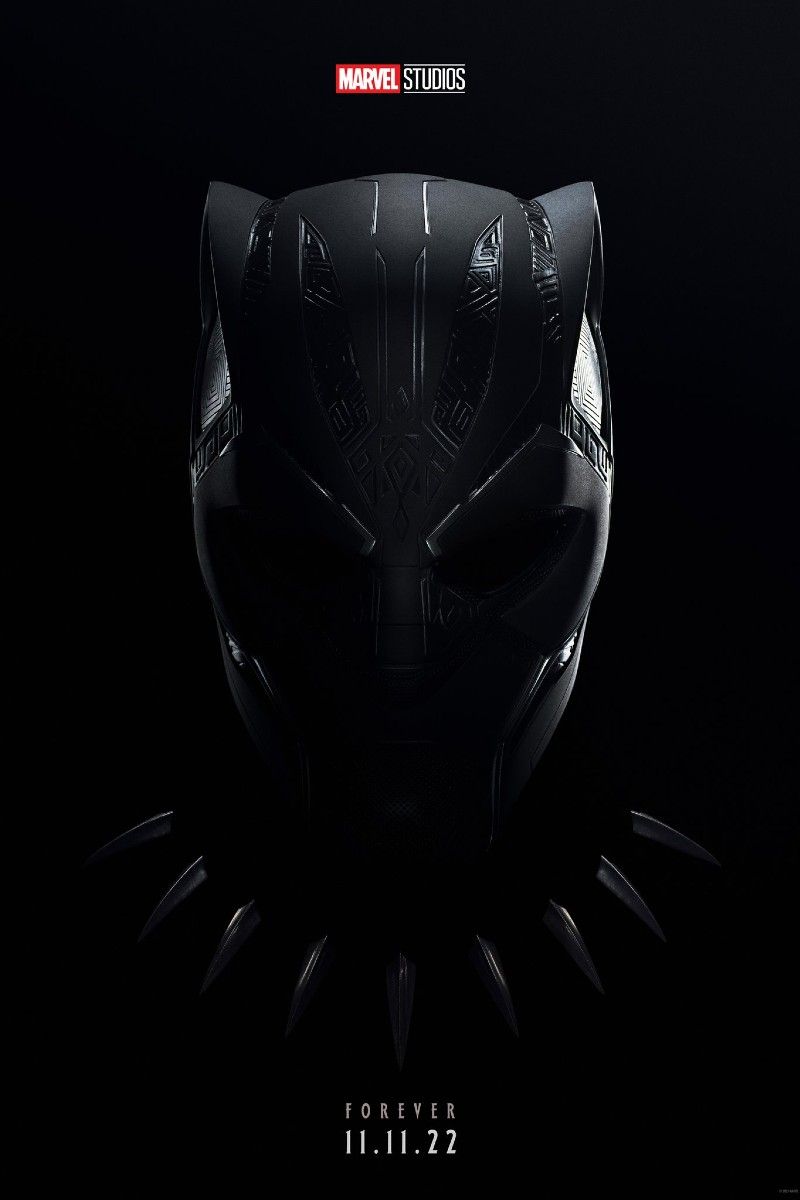The first episodes of Disney+'s The Falcon & The Winter Soldier have established a new MCU Captain America, but John Walker's hero origin story confirms that his paymasters have ignored a key line from Captain America: The First Avenger. The line also underpins exactly why Steve Rogers gave Sam Wilson the shield at the end of Avengers: Endgame, and also, less directly, why Sam ultimately rejects the honor.
While the reveal of Isaiah Bradley's existence and the secret, controversial side of the super soldier program, Project Rebirth casts a more complex shadow over the history of Captain America as an idea, Steve Rogers' candidacy for the program was seemingly driven by good. Dr. Abraham Erskine advocated for Steve over the other soldiers who could have taken on the shield because he had something different: not only an unbreakable spirit but also a willingness to break rules where necessary. Erskine saw integrity that would commit him to the role well beyond the training and fortitude it would take to withstand the procedure. And so far, that's missing in John Walker's MCU story.
As Erskine prepares Steve for the super soldier procedure, the night before his transformation, he makes him promise something, drawing him into the spiritual mentor position that Dr. Ho Yinsen takes on elsewhere for Iron Man. He says "Whatever happens tomorrow, you must promise me one thing. That you will stay who you are, not a perfect soldier, but a good man." The inference there, of course, is that Steve was chosen for the latter, because to be a superhero and to have the power of responsibility is more than simply being the best with a gun or punching the hardest. But John Walker's qualifications for the role of Captain America is limited entirely to his military feats, so far, and while he may not be evil, his origin is skewed towards the opposite of what Erskine wanted for his image of Captain America.
Walker reveals himself in conversation with Sam and Bucky after they team up for the first time. When he's challenged on whether he's ever jumped on a grenade, Walker says he's actually done it four times, admittedly with his reinforced helmet. It's that sort of caveat and his idolization of what Captain America represents as a public-facing, military-aligned superhero that makes him lesser than Steve Rogers in a subtle way. He is a zealot, in a way, who has come to greatness not because he would put his life on the line to jump on a grenade and save others, but because he jumped on a grenade knowing he wouldn't be hurt. That difference is very key.
Ultimately, Erskine's "good man" line is more than a reflection of Steve's morality, it's an anchor for his integrity and what guides him in making some of the more difficult decisions in the MCU. Were John Walker faced with saving Bucky or aligning with Team Iron Man and enforcing the Sokovia Accords, there can be little doubt he'd opt for the latter. He's already proven that becoming Cap was a dream, rather than a duty, and while Steve Rogers was never quite burdened with his powers, he was cursed by them and proved at the end of Endgame that there was a lot more to him than being Cap. The Falcon & The Winter Soldier is yet to reveal whether John Walker will fail as Captain America, but Erskine's line and Steve's promise certainly seem to point in that direction.








